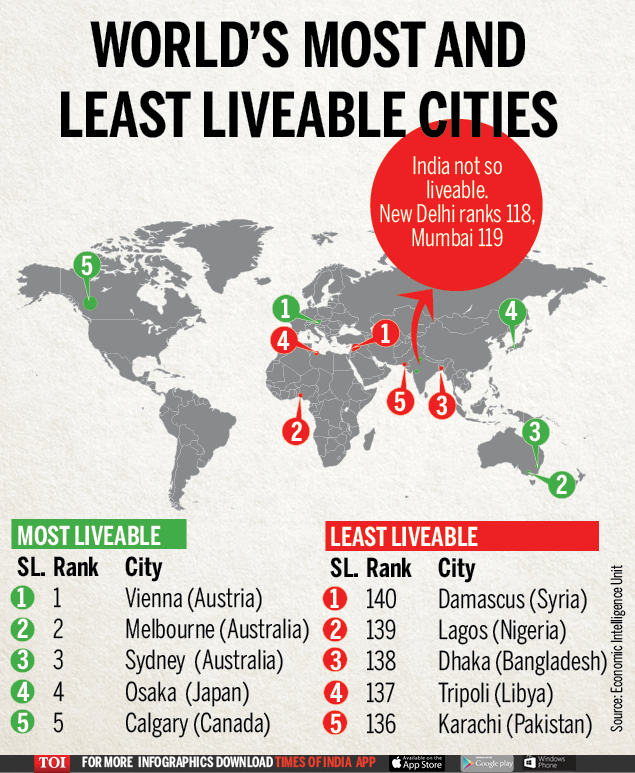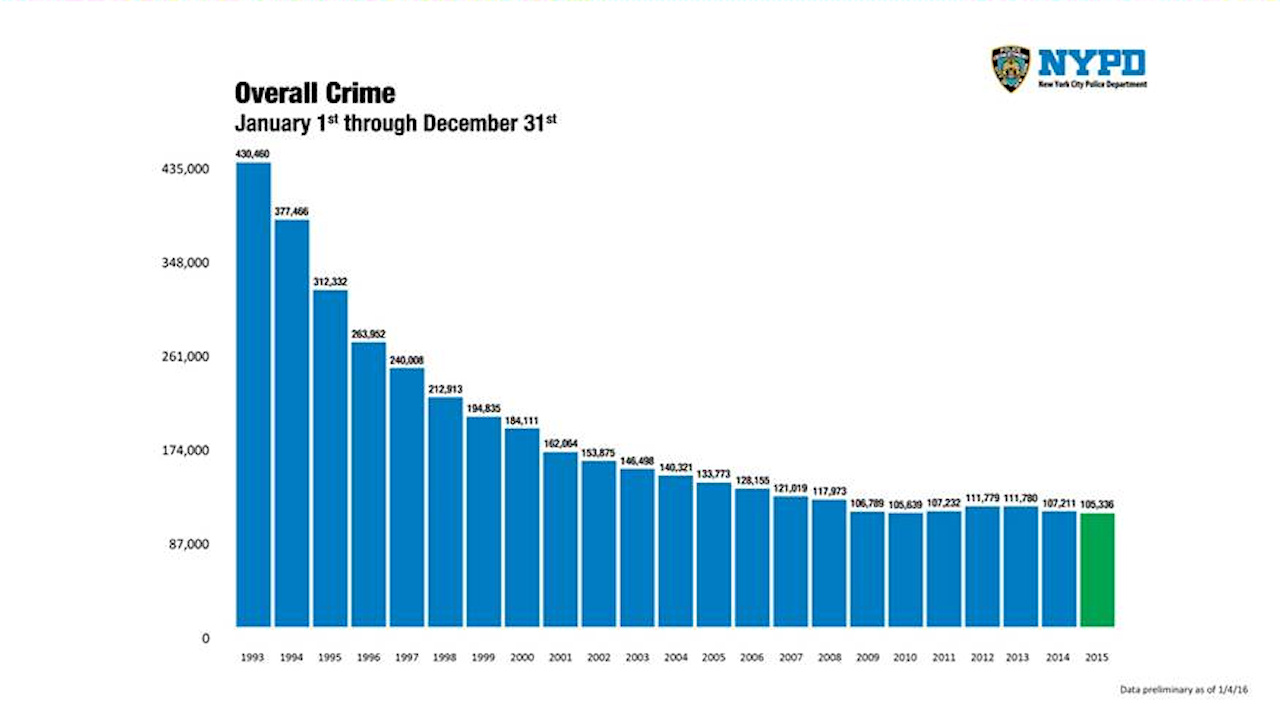President of the city
We call this nation of ours as a democracy, a rule for the people, by the people and of the people. The constitution of India is also "given to the people by themselves", meaning that it has not been given by any king or prince. Nobody has a "divine right" to rule the people except they themselves.
However, is it a reality?
Mahatma Gandhi essayed a big role in deepening of democratic roots in the country, to the last man or woman. He ensured that people trust in the system even if they have had nothing to eat for days, no medical care for the sick, schools for the children or justice for the marginalized. It is creditable that people have not revolted and broken the system into anarchy despite decades of misgovernance, lavish displays of wealth against abject poverty, India faring so low on various hunger, malnutrition and happiness indexes. (India ranked 102 out of 112 countries in the global hunger index)
It is creditable that democratic roots, belief in the government and the system are so deep that inspite of such dismal performances even after 70 years, people continue to linger on in hope.
However, can it be improved, can service delivery become better? Can we target schemes more effectively to ensure less leakages and more benefit? This can happen with one long overdue reform in the urban space.
Polluted days in Delhi over the years
Our cities are a dismal lot. They are one of the most polluted, congested and unlivable (if such a word exists) in the world. Urgent steps need to be taken to bring Indian Cities on the path of development. Like many others, it aches my heart to watch my city deteriorate day after day. The elder generation in almost all families fondly recollect memories when they would move around the city in happiness. Reform needs to be done which can help bring our cities out of their plight.

Indian Cities - not so liveable
Direct election and responsibility of the mayor.
In this thread, I shall attempt to evaluate the benefits of a directly elected mayoral system, as against the current commissioner system, what is happening in the big cities of the world, with Delhi and Mumbai for comparison.
Existing Functionality in Indian cities.
Currently, there is a body of directly elected corporators who form part of the city council. A few cities have directly elected mayors as well. However, they are devoid of power, much of which is retained with the state government.
The CM appoints a bureaucrat as the commissioner of the city who acts as the chief executive officer. He is unelected and reports to the chief minister of the state. This system is faulty, since the commissioner does not enjoy the confidence of the people, nor of the council body. Many commissioners are often transferred at the whims of the state government. For eg, Kanpur has had eight commissioners in the past five years.
This acts as a deterrent and the commissioner is unwilling to take long term decisions which cause inconvenience in the short term, but are much beneficial in the long term. Also, the commissioners are often favorites of the CM in charge, transferred out with a change in the state government
Constitutional Provisions:
The 74th Constitutional amendment bill came up in 1992. This amendment recognised urban local bodies viz. Municipalities and Municipal Corporations as "institutions of local government". However, the amendment did not specify the manner of elections of corporators, mayor or the devolution of administrative powers. This was left to the discretion of the state government leading to half hearted implementation, no real devolution of financial or administrative power and the mayor remaining to be a ceremonial post.
Other democracies

Decreasing crime rate of new york city over the years
In other democracies, mayors have strong powers, are held largely accountable and this has helped in the development of urban infrastructure and quality of living of the city. For eg - the mayor of new york city employs more people under him than any other state in the US except for California, Texas and New York state.
He is considered to be the most powerful mayor in the world. He is the CEO of the city with wide executive and administrative powers. He hold key to all the departments of the city except otherwise provided by the law. He is a directly elected mayor who is accountable to the people of the city for hyper local issues and their resolution. Mayors with powers of various cities including, london, paris and berlin have gone on to lead their respective countries.

New York revenue collections touching 60 Billion USD
In India, we need a reform on the urban development side to institute powers to mayors instead of state governments. They need to be held accountable for schools, hospitals, sewer lines, but they also need to be given powers to raise their own finances, maintain law and order and administer their cities.
Alternative form of urban governance
The mayor - in - council system has been put forth as an alternative to the commissionerate system. It is similar to the central or state cabinets. There will be a cabinet with elected council members holding portfolios like law and order, schooling, traffic direction etc. They will elect the mayor from among themselves, who shall lead the government of the city and shall be in power until he enjoys confidence of the House.
However, for this to happen, there needs to be a separate list for urban local bodies in the constitution itself. Some powers from the state and the union list relating particularly to the city need to be devolved and a separate urban body list should be initiated.
The Delhi Government example

Increase of GSDP of delhi has been reasonably well over the years
The proof of such a system working reasonably well is the Delhi state assembly. The CM of delhi is essentially a glorified mayor. The delhi CM has state powers, except for law and order and he has virtually no rural/agricultural area to manage (In comparison with other CM's). He becomes a directly elected and popular mayor.
This has resulted in successive delhi CM's focusing on health, education, transportation etc, based on purely urban requirements. The Delhi CM is accountable to the public and this has resulted in efficient revenue generation while cutting down on corruption leading to a better lifestyle for the citizens.
Consequently...
A similar model and, and should be implemented on a pilot basis in Mumbai, Chennai, Bangalore, Hyderabad and Pune (The metropolitan cities) to start with. The CM and the bureaucratic lobby must forego certain powers and devolve them to the grass root level.
PM Modi has been keen on urban reforms in this direction and has directed the urban development minister to initiate a workable model and invite citizen suggestions and criticism.
Mr Modi has brute numbers in the House, Mr Modi enjoys the popularity of the people, Mr Modi has the political will and the ambition. Mr Modi hails from the state cadre, he must act to improve our cities!
गौतम पाटणकर

Comments
Post a Comment